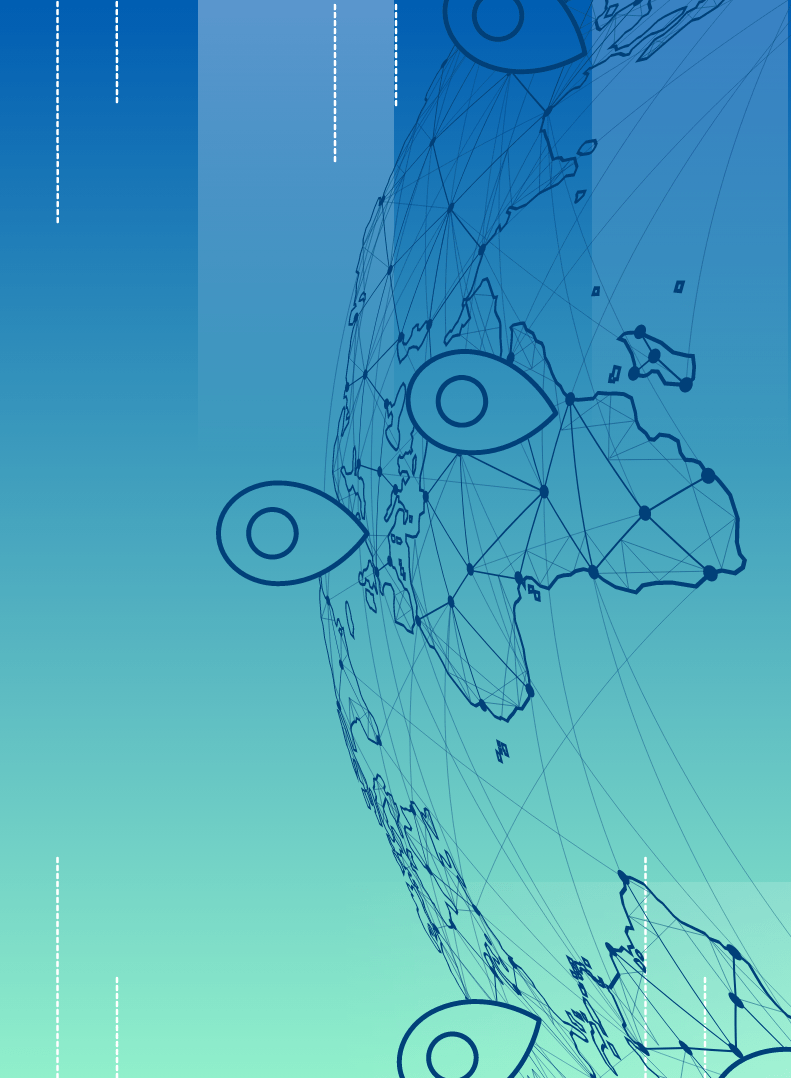

“Hope is a big word”, election observer Armin Rabitsch on disinformation and the 2024 European Parliament elections
Georgia Langton
The spread of disinformation is a danger to our democracy, particularly in the context of elections. Election observers are also following this development with concern, given that 46% of the world’s population is eligible to vote this year. In the European Union alone, this amounts to around 366 million people.
Political scientist Armin Rabitsch has observed elections all over the world. In an interview with Georgia Langton for Upgrade Democracy, he sheds light on how disinformation affects his work and explains what needs to be done to protect the EU elections only months ahead.
About: Armin Rabitsch is the initiator, co-founder and chairman of Election-Watch.EU. Armin Rabitsch has more than 25 years of experience as an election and democracy expert on all five continents and has worked for various international organizations (EU, UN, OSCE/ODHIR, IFES). He gained expertise in the areas of human rights, conflict transformation and risk assessment of electoral violence. He is a guest lecturer at the Global Campus of Human Rights. Armin holds a PhD in Philosophy (University of Innsbruck/Austria) and an LL.M. in International Human Rights Law (University of Prague/Czech Republic) and is co-author of several publications, including the UNESCO Practitioner’s Handbook on Elections in Digital Times.
Hello Armin, can you start off by telling us a bit about your organization Election-Watch.EU?
Gladly. Our civil society organization primarily consists of a core team of five people: Michael Lidauer, Paul Grohma, Tatyana Hilscher-Bogussevich, Markus Pollack and myself. As the name suggests, we monitor elections. We are supported by an expert network, so-called Associated Experts, of around 100 to 150 people who have worked with us on various activities. We work across the EU and have contacts in every member state, other civil society organizations and, in some cases, teams that have been formed in Italy, Spain, Greece and Cyprus, for example.
Observing elections – how exactly does that work?
Our main focus lies on identifying areas where there is room for improvement – particularly in terms of electoral law and legislation. In this context, it is particularly important for us to promote the transparency of processes and ensure the inclusive participation of citizens. With the help of trained experts, obstacles or problems in electoral processes are identified and addressed as far in advance as possible. Relevant recommendations for improving the electoral processes are drawn up as a result and are published over the course of so-called election assessment missions. During the actual election observation, we then specifically look at compliance with international standards (such as the United Nations Covenant on Civil and Political Rights) and document any potential irregularities. At the same time, we are also interested in identifying best practices. This is followed by the analysis and publication of our assessments. These will ultimately serve not only as feedback, but will also contribute to the improvement, mapping and comparability of electoral practices. This also helps to identify and address disinformation in elections. International standards that guide our work include the Declaration of Principle for Election Observers of 2005, which was adopted by the UN and leading election observation organizations. As a signatory to this declaration and the Code of Conduct for Election Observers, we actively advocate for the legitimacy and recognition of independent election observation in Western democracies.
Is your approach always the same? What needs to be considered in preparation for the upcoming European elections?
First, we are looking at what has changed legally since the 2019 EU elections. The implementation of the EU Digital Services Act (DSA) therefore plays a special role this year. We are particularly keen to see which EU member states have already taken concrete measures in connection with the DSA and whether they have the necessary capacity to implement the new legal requirements effectively. This is important because the digital realm must always be considered for reasons of participation in democratic processes and discourse, the dissemination of information and of course general shaping of opinion. We have therefore been proactively committed to countering disinformation in our work from the very beginning. The 2019 European elections were a great lesson in this regard – the harmful effects of disinformation became apparent largely due to manipulation attempts, for example from Russia, Iran or China. I also think of the disinformation campaign for the 2020 US election by former US President Donald Trump, or the Cambridge Analytica scandal. When it became clear that there would be no OSCE election mission covering the EU elections, we became active as Election-Watch.EU.
And how did you respond?
We mobilized our network of international election observers and organized an election assessment mission on a volunteer basis in Brussels and in all 28 member states at the time. This was a major challenge, as there had never been anything like it before and there was little comparative research on elections at a European level. We wrote a collaborative report and presented our findings and recommendations to the European Parliament. We were particularly critical of the lack of social media regulation, which was not yet too relevant in policymaking at the time. We also addressed issues relating to the lack of regulation of online political campaigns, personalized online advertising and the issues relating to the inclusion of people with disabilities.
That sounds exciting–what has happened since then?
That is exactly what we are looking at now. As part of our election assessment mission, we have been analyzing how EU measures to counter disinformation are performing and what has changed in terms of regulation six months before the election. At the beginning of February, we published a report to draw attention to where there are changes as well as any potential difficulties and to announce that we will be conducting an election observation mission for the 2024 European elections across Europe.
Can you share any insights with us in advance? Where do you see particular challenges?
The difficulty starts with the complexity of the European election. There is no electoral authority at the European level and only very limited European electoral legislation, which solely sets out a certain framework, such as minimum age and the right for EU citizens to vote in the EU country where they live. In reality, however, there are 27 parallel elections being held by our member states and that is quite complicated. We try to illustrate this complexity in our reports and highlight which countries still need to take action in specific areas. In many western EU states, there is also a lack of a clear legal framework and recognition of civil society election observation, which leads to restrictions on our activities and funding problems. We would like to see more support at European level, as civil society election observation enables direct citizen participation and promotes democratic reforms, resilience and electoral integrity.
How is this reflected in the fight against disinformation? What hopes do you have for European regulation?
The DSA certainly offers a progressive basis with which the EU can do more to promote transparency, accountability of online platforms and support actors who are active in countering disinformation. But hope is a big word. Digital aspects of transparency, data protection and accessibility for people with disabilities continue to be insufficiently addressed – despite obligations under previously existing international conventions, such as the Convention on the Rights of Persons with Disabilities.
So, is there any reason for optimism?
Regulation and resulting enforcement powers over the major platforms have undoubtedly made progress. There are also some practices, especially in the Scandinavian countries, that offer successful models for participation, media literacy, transparency and inclusion and should serve as positive examples throughout Europe.
This year we are further seeing increased efforts by the European Commission and the European Parliament to provide information on disinformation in the context of the European elections. We are pleased to see that our advocacy work and recommendations are increasingly being implemented in the European Parliament. In July 2023, we also met with representatives of the main European political parties to discuss how our recommendations on the 2024 EU elections can still be implemented one year before and in which areas there are particular challenges or access difficulties. The implementation of these recommendations and the new legal situation must now be pursued. With the clear hope that there will ultimately be a high voter turnout and that the upcoming 2024 European elections will be a further democratic step towards a more transparent and inclusive European Union.
Thank you for your valuable insight.



